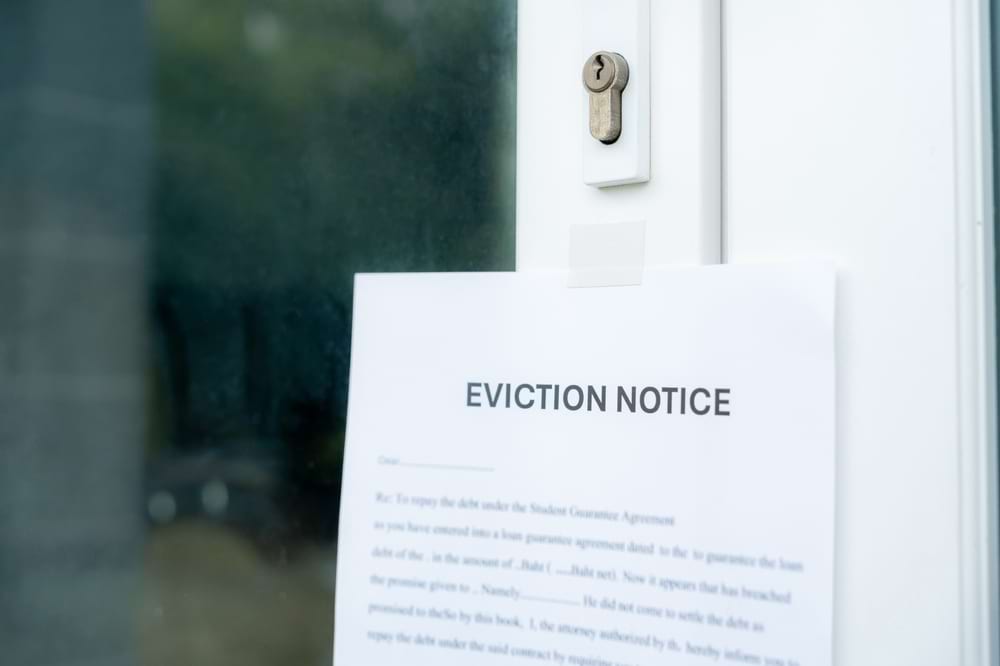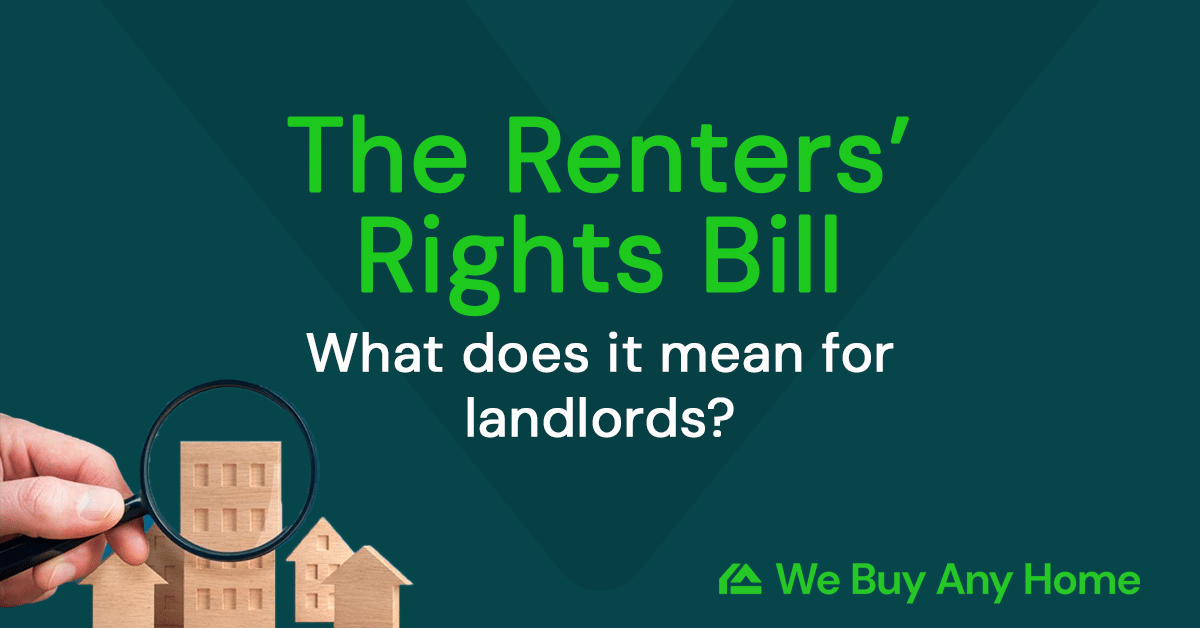Section 21 notices are one of the most common types of UK evictions.
But they will be abolished in late 2025 with the introduction of the Renters Rights Bill.
Read on to find out what these notices are and why they are will no longer be used.
Section 21 notices
A Section 21 notice is a type of no-fault notice for beginning an eviction process. In other words, it’s an eviction used when the tenant has not done anything to cause the eviction.
Landlords often use it to avoid selling a tenanted property and can instead sell a vacant one.
(Many landlords believe that sitting tenants devalue properties).
Section 21s cannot be issued if the tenant is contracted to live there. It needs to be served to the tenant and will give written notice to their tenant to leave the property.
However, this doesn’t mean that a tenant must leave at this point, as the landlord must apply for a possession order.
Landlord’s reasons and reasoning
In theory, Section 21 notices should only be used when the tenant is not at fault, i.e., they are not bad tenants and don’t have rent arrears, poor behaviour, etc.
However, in practice, Section 21 notices were sometimes used in place of other kinds of evictions because of their relative convenience.
In other words, they precluded the need to find evidence, handle tenants’ disputing of evictions, court processes, etc.
Why the Tenants’ Rights Bill will abolish Section 21 notices
The main reason the Tenants’ Rights Bill proposes abolishing Section 21 notices is to provide more security for tenants.
Part of this security comes from landlords’ stricter criteria for evicting tenants.
In other words, they can only give notices to tenants for legitimate reasons, which must be proven at a tribunal (if the tenant appeals).
For example, previously, a landlord could hand a Section 21 notice to tenants in order to remove them from the property and then find different tenants (perhaps ones the landlord can set a higher rent for).
However, the Tenants’ Rights Bill would prevent this. Landlords can hand tenants a notice to leave only if they don’t rent out the property again afterwards.
Landlords will also need to give tenants a longer notice period (a minimum of 4 months) for no-fault evictions. (Section 21 notices allowed landlords to give as little as 2 months’ notice for tenants to vacate a property).



















